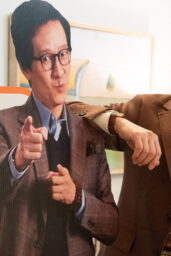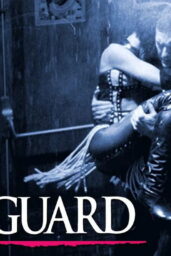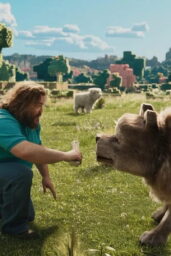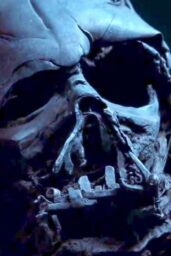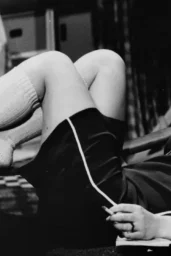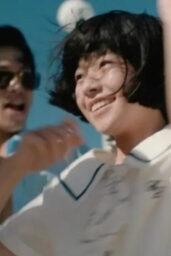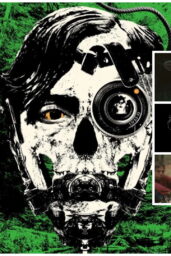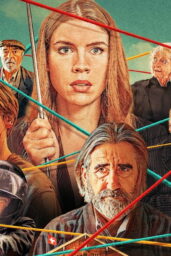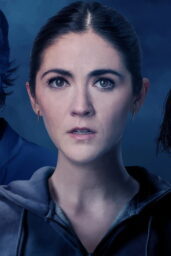James Gray has always been a filmmaker who thrives in the shadows—his stories simmer with melancholy and moral ambiguity, from the aching romance of Two Lovers to the obsessive quests of Lost City of Z. Now, he's diving into darker waters with Kill Your Darlings, a film adaptation of Peter Swanson's unreleased novel, starring Julia Roberts. But in a Hollywood landscape where directors collect projects like trading cards, can Gray's ambitious slate avoid collapse?
Gray's career is a study in creative restlessness. His next film, Paper Tiger—a political thriller with Anne Hathaway, Adam Driver, and Jeremy Strong—is stuck in pre-production purgatory, thanks to conflicting schedules (Hathaway's The Odyssey for Nolan, Driver's potential Gilliam gig). Meanwhile, Kill Your Darlings leaps ahead, banking on Roberts' star power and Swanson's twisty premise: a married couple bound by secrets, told backward like Memento meets Gone Girl.
The irony? Swanson's book isn't even out yet. Hollywood's obsession with pre-branded IP has reached its logical extreme: greenlighting adaptations of manuscripts still in galleys. Gray, however, has always been a literary filmmaker, drawn to flawed characters and existential stakes. His JFK biopic and the haunted Ezekiel Moss suggest he's chasing a mosaic of American disillusionment—a theme Kill Your Darlings' fractured narrative could amplify.
But let's not ignore the elephant in the room: Gray's track record of delays. The Lost City of Z languished for years, and Ad Astra's reshoots nearly derailed its soulful introspection. With Roberts anchoring Darlings, there's hope. Her recent pivot to darker roles (Homecoming, Leave the World Behind) proves she's unafraid of moral murkiness—a perfect match for Gray's vision.
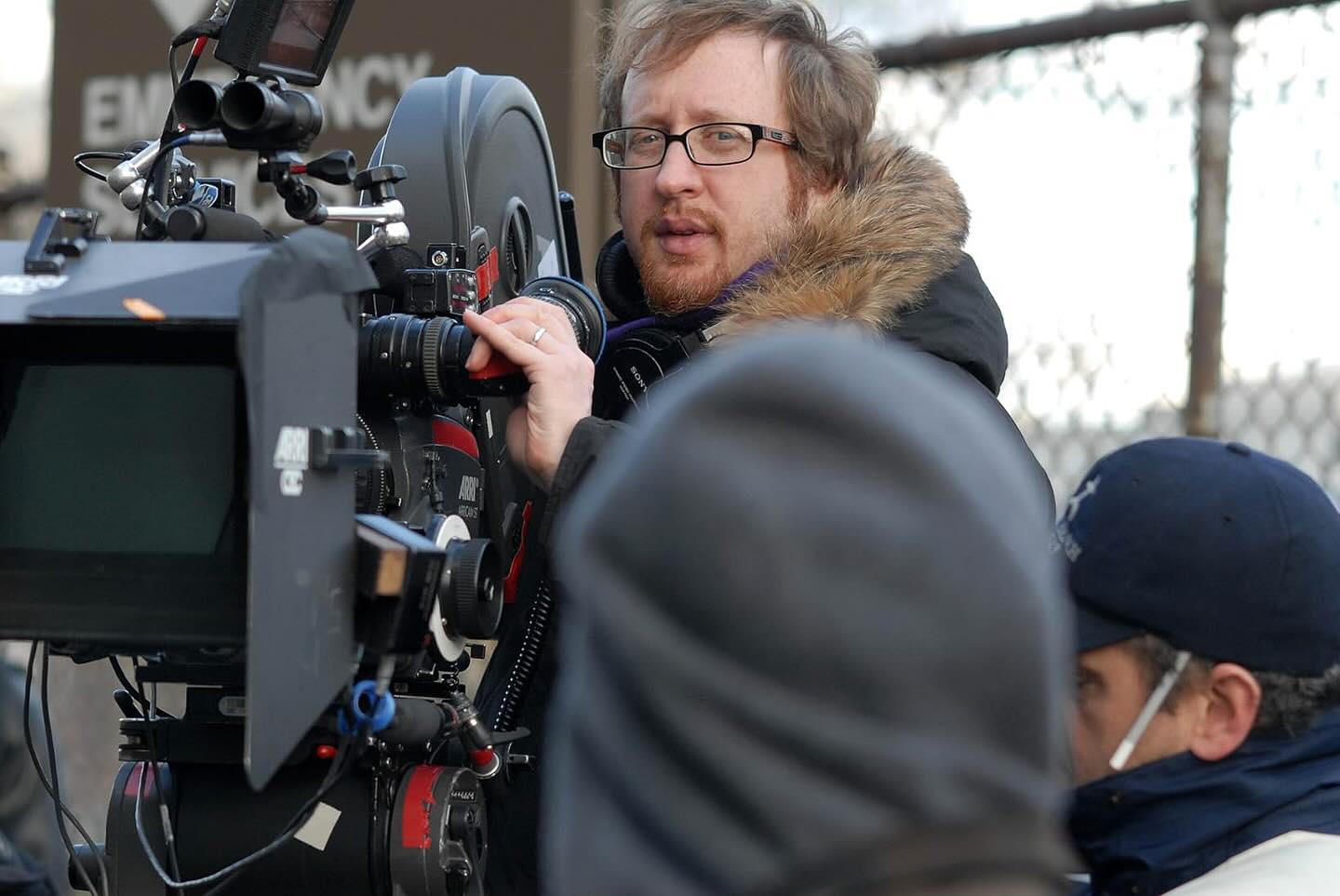
Conclusion:
Gray's projects feel like pieces of a grand, unfinished novel—each exploring obsession in a different key. Whether Kill Your Darlings joins his pantheon of near-masterpieces depends on his ability to outpace Hollywood's fickleness. For now, we're left wondering: In a town where auteurs are overextended and adaptations reign, can artistry survive the scramble?
Personal Impressions (50-150 words):
Gray's ambition is thrilling but precarious. While Kill Your Darlings' premise crackles with potential, the rush to adapt unpublished books feels symptomatic of an industry allergic to originality. Roberts' casting is inspired, yet Gray's scattered focus risks diluting his voice—a concern when Paper Tiger already seems adrift. Still, his films reward patience; Ad Astra's meditative brilliance emerged from chaos. If anyone can turn this juggling act into art, it's Gray. But Hollywood's clock is ticking.
Do you think adapting unreleased books is a smart gamble for filmmakers, or a sign of creative bankruptcy?


